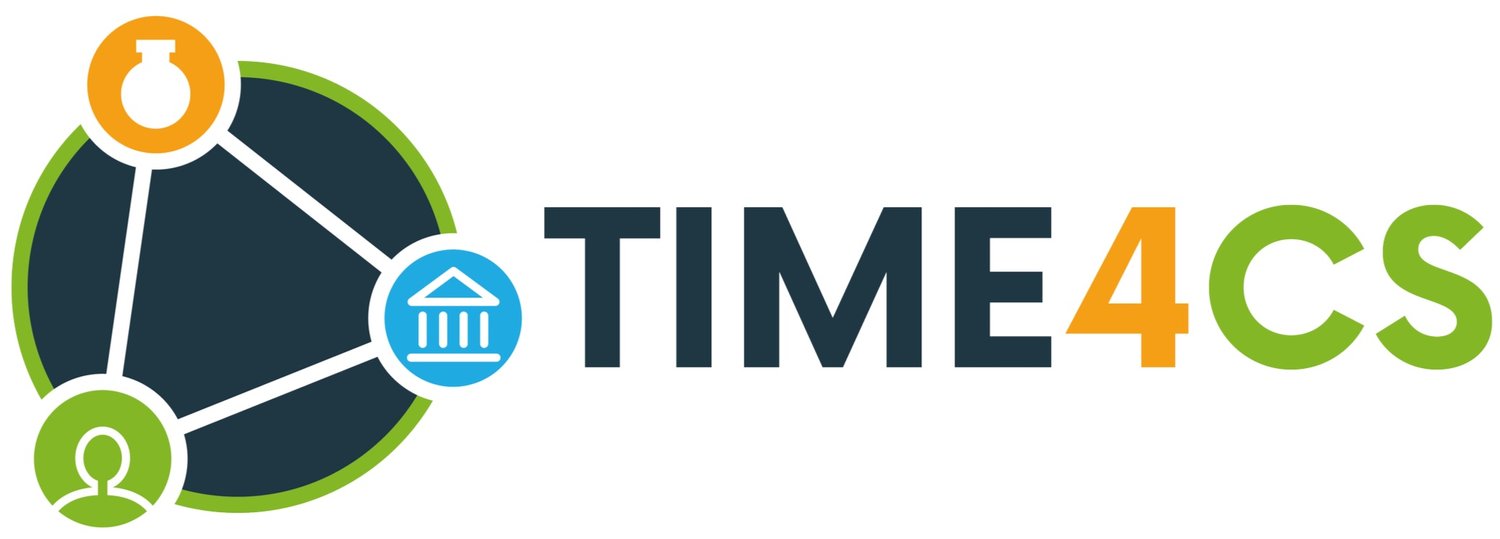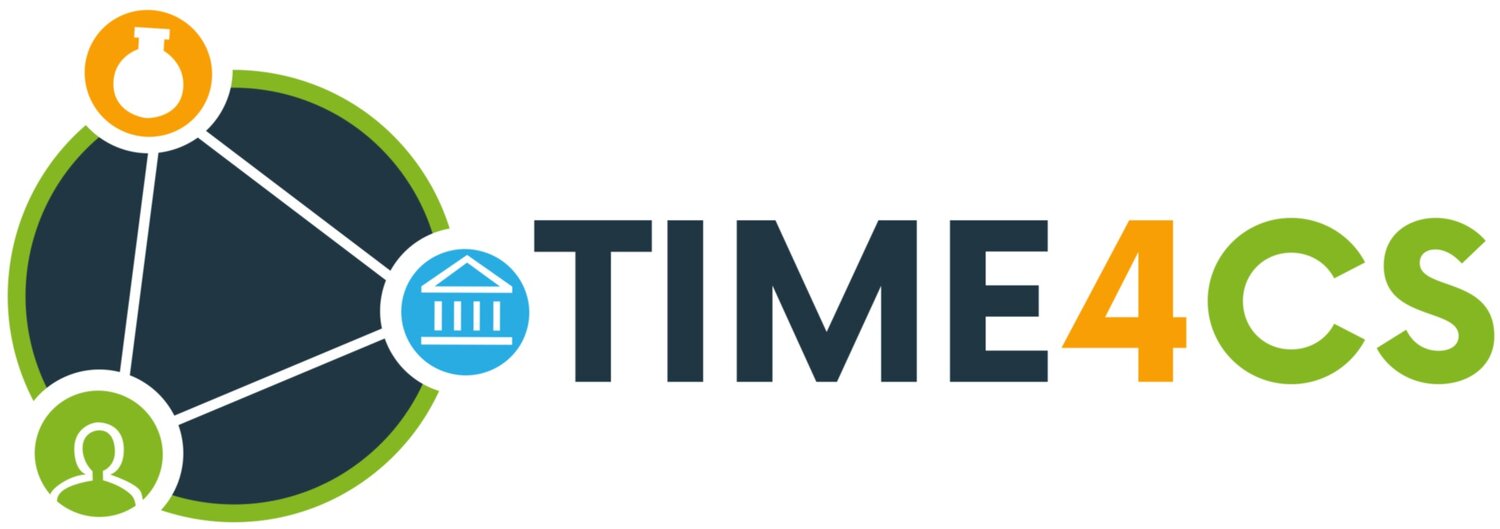How To Ensure Sustainability Of Training Resources
A key concern in most projects, and anything else meaningful we engage in, is the question of sustainability. How can we ensure that our outputs are sustained and used even after projects end and we move on to new initiatives?
In the TIME4CS project, we have developed many training resources, including 10 webinars, citizen science (CS) training programme descriptions for our key intervention areas of Research, Education & Awareness, Infrastructure Support & Resources, and Policy & Assessment, as well as workshops and workshop slides based on the CS training programme. We also developed a Massive Open Online Course (MOOC) based on our training programme to facilitate the learning needed in research performing organisations wanting to embed citizen science into their institutions.
Content needs to be relevant. The content of our training resources was developed initially based on research done by project partner UCL identifying the key focus areas for sustainably embedding CS into research performing organisations. Content was then iteratively improved through us running workshops and improving the content based on feedback from workshop participants and discussions with Implementer organisations. This has ensured that our training resources are relevant and adaptable to a range of different audiences, including researchers, support and administrative staff as well as students.
Accessibility is a crucial point. If training resources are not accessible, they cannot be used and re-used. We have ensured that all training resources are openly available and will remain so long after the project ends. Training resources are available:
On the TIME4CS website (recordings of webinars and webinar slides) which will remain for at least two years after the project ends.
In the TIME4CS Community on Zenodo, training programme descriptions and workshop slides are available for anyone who would like to develop their own institutional CS training programmes. Zenodo is hosted by CERN who has committed to keeping the platform running for the next 50 years.
On the EU-citizen.science portal, where both webinar recordings and our MOOC “Supporting Sustainable Institutional Changes to Promote Citizen Science” is online.
Ease of use. Training resources must be easy to use, re-use or adapt to local contexts. The training programme has a modular build, meaning it is easy to choose the small modules that are relevant to a particular organisation, custom-building a training session targeting the exact identified audience in relation to particular chosen topics.
Obviously, the TIME4CS consortium partners will continue to promote our developed training resources, also after the project ends, as they continue to be relevant to organisations wishing to embed citizen science into their structures and activities. We will also continue to use the resources ourselves, for example in new projects and initiatives such as the upcoming European Citizen Science Academy.
By Gitte Kragh and Kristian H. Nielsen

